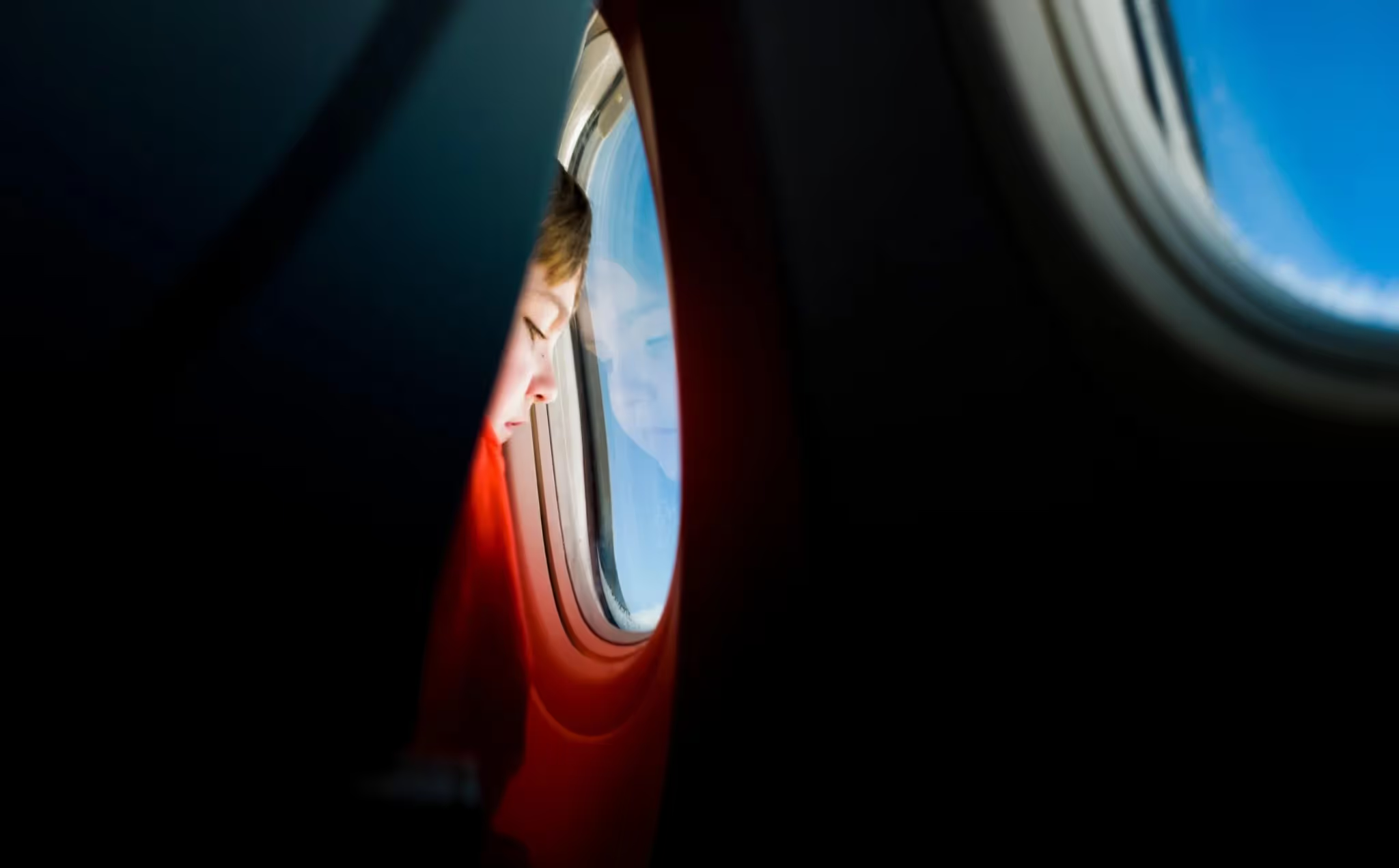

In the ever-changing airline industry, companies are investing heavily in digital transformation to enhance operations and improve customer experiences. In 2023, airlines spent $34.5 billion on IT, a notable increase from $30 billion in 2022. These investments aim to integrate cutting-edge technologies such as machine learning, artificial intelligence (AI), biometric systems, the Internet of Things (IoT), augmented reality (AR), virtual reality (VR), and big data analytics into their business models.
By 2030, airlines are expected to spend up to $8 billion annually on AI and data-driven transformation. The “Travel Technology Investment Trends 2024” report from Amadeus reveals that 64% of airlines plan to increase tech spending. However, as Peter Drucker famously said, "Culture eats strategy for breakfast." In this push toward modernization, it is crucial to remember that successful transformation relies not only on technology but also on the people who drive it.
Digital transformation offers numerous benefits for airlines, including improved demand forecasting, operational efficiency, enhanced customer experience, and a more environmentally sustainable business.
Leading airlines are embracing these technologies. American Airlines is integrating AI, blockchain, and fintech to improve customer service. Southwest Airlines is investing $1.7 billion in technology upgrades, focusing on cloud-based solutions to prevent future operational crises, like the one that led to 17,000 canceled flights in December 2022.
However, while these technological investments are impressive, the most critical aspect of transformation often goes overlooked: the employees.
Digital transformation doesn’t succeed on technology alone; employees are the real drivers of change. This is where the learnings from LOCAL Industries’ insights, such as those shared by Jorie Sax, come into play. Sax discusses the importance of understanding employee needs and involving them in the change process. As airlines adopt new technologies, the employees using these tools must feel supported and empowered.
Jorie Sax, United Airlines: “Change is not a solo effort. You have to build trust and understand others' motivations to enable collaboration. Any time you are putting a smile on peoples’ faces you are doing something important.”
Empathy is key. While advanced AI can reroute flights or predict delays, passengers remember their experience with employees during stressful situations. The technology may enable operational improvements, but how employees handle disruptions—whether they demonstrate understanding, patience, and empathy—can make or break the customer experience.
As Sax suggests, companies must treat employees as their first customers, gathering insights and feedback from those on the frontlines. By listening to and involving employees early in the transformation journey, airlines can ensure a smoother transition and build a culture where workers feel valued.
Investments in technology should be seen not just as operational upgrades but as tools that empower employees to better serve customers.
Angela Marano, Vice President, AI & Data Transformation at Southwest Airlines: “Having a growth mindset rather than a scarcity mindset is so important.”
Here’s how airlines can bridge the gap between technology and human engagement:
- Training and Support: Employees need continuous training to effectively use new digital tools. By investing in communication and professional development, airlines ensure staff are equipped to leverage the technology to enhance the customer experience.
- Transparent Communication: As Sax emphasizes, clear communication is vital. Airlines should foster a transparent environment where employees are informed about the changes happening around them and feel confident in their roles.
- Empathy in Action: When employees have the resources and support to manage high-pressure situations, such as delays or cancellations, they can focus on delivering empathetic, human-centered service, which builds customer loyalty.
Take Southwest Airlines as an example of an airline that’s learning from past failures. After its operational meltdown in late 2022, the company invested heavily in technology upgrades to prevent future disruptions. However, the key to its ongoing success will be how these tools empower employees to better handle customer needs during stressful situations. As Southwest focuses on rebuilding trust, the role of employee engagement will be critical in making this transformation a success.
“There is always a different way of working. You have to have the confidence to admit that the way we work today could use some work,” says Marano.
LOCAL is proud to have helped Southwest tell their transformation story, promoting the new tools and technology now available to employees so they deliver on the promise to customers.
As airlines continue to invest billions into digital transformation, the industry must remember that technology alone is not enough. The true differentiator lies in how well airlines integrate their human and digital strategies. By aligning technological investments with efforts to support, communicate with, and empower employees, airlines can deliver the seamless, empathetic customer service that drives long-term success.
“Energy and passion matter as much as the data. If you want people to change and work differently, you have to give them a reason to believe in the…tap into their passion,” says Marano.
Transformation in the airline industry isn’t just about the next big tech upgrade—it’s about helping employees take flight alongside it. By focusing on employee engagement, airlines can ensure that their investments in technology translate into real value for both their staff and passengers.